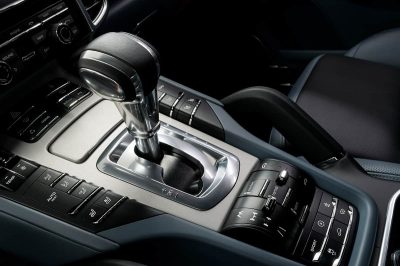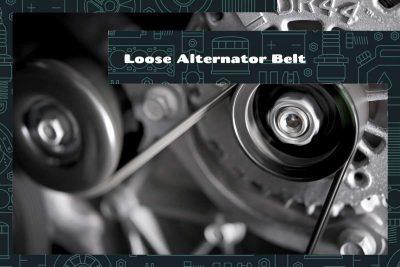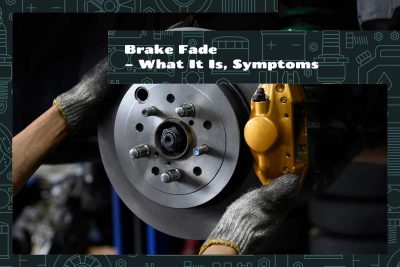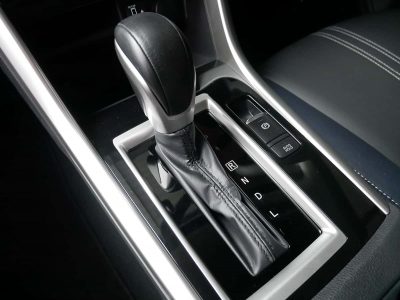As a component responsible for transmitting power from the engine to the wheels, the transmission plays a critical role in your vehicle’s operation. However, the longevity of this key part can vary widely depending on a number of factors.
The alternator belt, also known as the serpentine belt, is a vital component in your vehicle’s engine. It powers various engine accessories, including the alternator, which is responsible for charging the battery and powering the electrical system while the engine is running. A loose alternator belt can lead to a multitude of issues that may affect your vehicle’s performance, and as such, knowing how to identify and fix this issue is crucial for any car owner.
Brake fade is a critical aspect of vehicle maintenance that often gets overlooked. It’s a situation that results from the diminished ability of the brakes to decelerate the vehicle effectively. While it may not be a daily occurrence for most drivers, its implications are significant.
Manual transmission, often referred to as a “stick shift,” offers drivers a unique sense of control and engagement that is seldom found in the increasingly popular automatic vehicles. In the luxury car segment, this experience is enhanced by the powerful performance and opulent features these vehicles possess. However, as more luxury brands transition to automatic and dual-clutch transmissions, the rarity of manual luxury cars has only increased their appeal.
The automotive world is vast, filled with various types of vehicles designed to meet diverse needs and preferences. One category that stands out for its versatility and robustness is Sport Utility Vehicles, or SUVs. These are large vehicles renowned for their spacious interiors, off-road capabilities, and typically higher driving position. Yet, beneath the hood, their technical specifics vary significantly, particularly regarding transmission.
The Transmission Control Module (TCM) plays a vital role in controlling your vehicle’s automatic transmission system. Issues with the TCM can lead to noticeable performance problems, making it essential for any car enthusiast to understand how to diagnose and resolve these problems. One method of resolving TCM problems is by reprogramming it.
The optimal direction of transmission cooler flow is from the transmission to the cooler and then back to the transmission. This allows the transmission fluid to: Absorb heat from the transmission. Get cooled in the cooler. Return to the transmission to repeat the process
Yes, you can add transmission fluid when the car is hot, but it’s not typically recommended. It’s best to check and add the fluid after the car has warmed up to its operating temperature but isn’t excessively hot.
In the automotive world, transmissions play a crucial role in controlling the power generated by the engine and transforming it into usable force. Among various types of transmissions, Dual-Clutch Transmission holds a special place for its efficiency and smooth operation. It merges the best of manual and automatic transmissions, offering both performance and convenience.
CVT, or Continuously Variable Transmission, is a unique type of automatic transmission that provides more efficient and smoother power delivery compared to traditional transmissions. Some of the most well-known cars with CVT transmission include:
When your transmission goes out, your vehicle can’t efficiently convert and distribute power. You may experience trouble shifting gears, unusual noises, or even a complete loss of ability to drive.
On average, replacing an alternator takes around 2-4 hours. Factors such as your vehicle’s make and model, your experience level, and whether you’re attempting a DIY replacement or using professional services can impact the time it takes.











